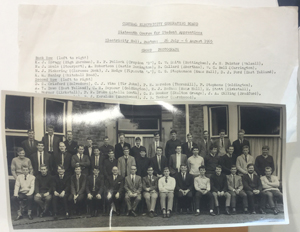Science: Unlocking Potential
News and chat from the frontline of science and technology at PACA
Every year the UK faces a shortfall of over 81,000 people with engineering skills. In the energy sector in particular, many of the experienced engineers and scientists are retiring. Hence the STEM (Science, Technology, Engineering and Maths) agenda. However, as stated by Erik Bonino, the chairman of Shell UK, the STEM agenda has grown into myriad projects, with multiple goals and multiple partners, and this scattergun approach isn’t working. He believes that business, government and the engineering community need to stop launching STEM programmes in isolation and instead co-ordinate their efforts. Incidentally, here at PACA’s STEM centre we have signed up to an energy project with EDF Energy.

And this begins to shed light on the heart of the matter: privatisation. The engineers and scientists who are either retired or soon to retire, worked under a government where services were public and centralised. There were various national research laboratories such as those for British Rail, British Steel and the Central Electricity Generating Board (CEGB). My father worked for the CEGB and he was a Chartered Electrical Engineer. His degree and training was paid for by the CEGB and he was a student apprentice, training within the power stations themselves. These days, UK companies expect a conveyor belt of graduates ready with all of the technical skills, which usually take a number of years to perfect by working in industry.

The demise of the UK’s national research laboratories is seen, by many, as a huge tragedy. It is vital that profits from privatised companies are diverted back into education and research for a centralised STEM programme. As said by Bonino, “the UK’s approach to STEM uses an inefficient delivery model and delivers a poor return on investment. No viable business would run its operations in such a manner”. Money is getting stuck in quango organisations and empty PR box ticking exercises, rather than going directly to equipping our children with the necessary skills, education and opportunities needed for the 21st century.




















